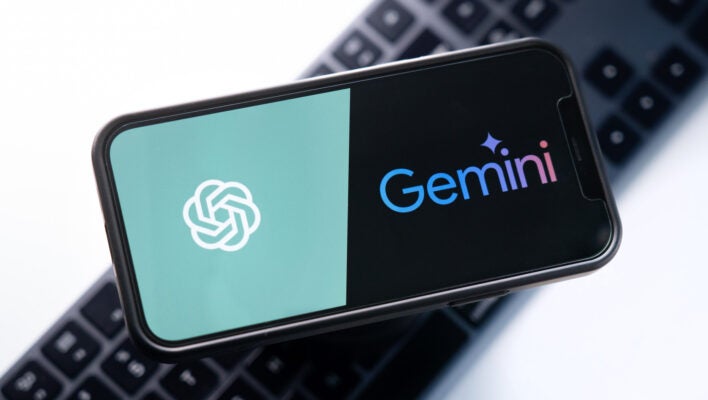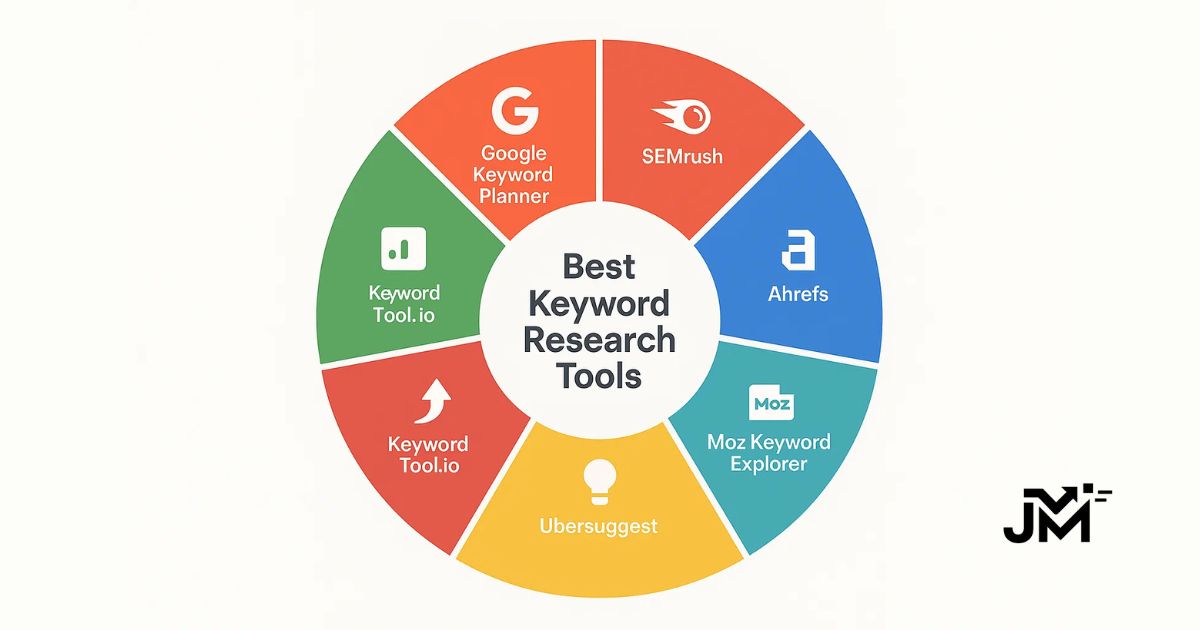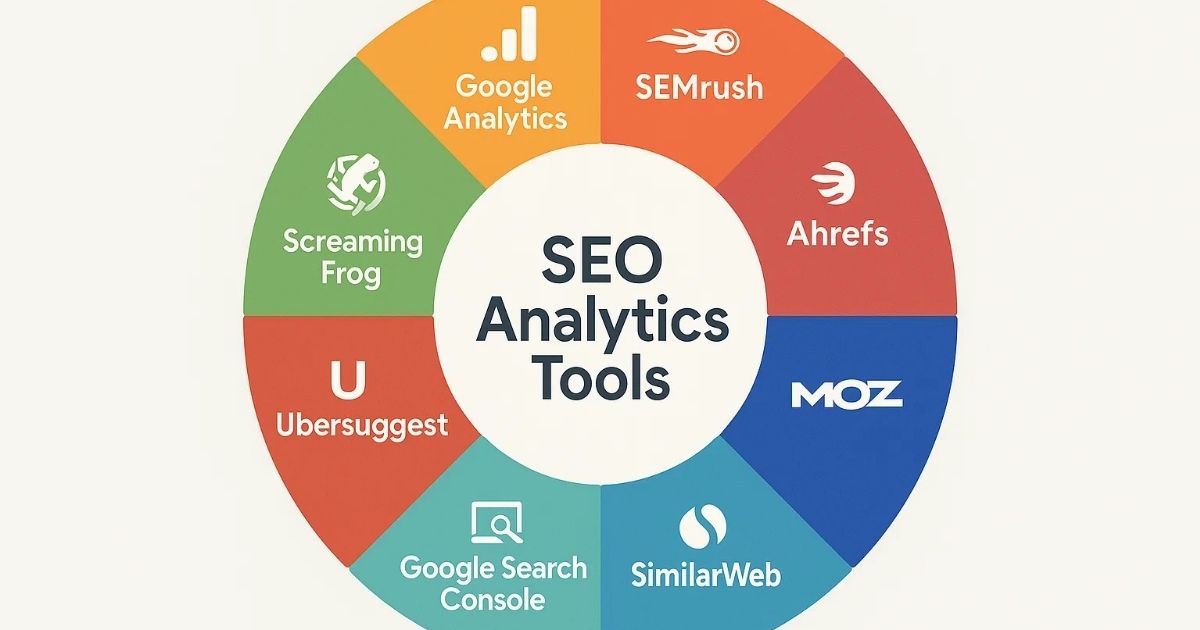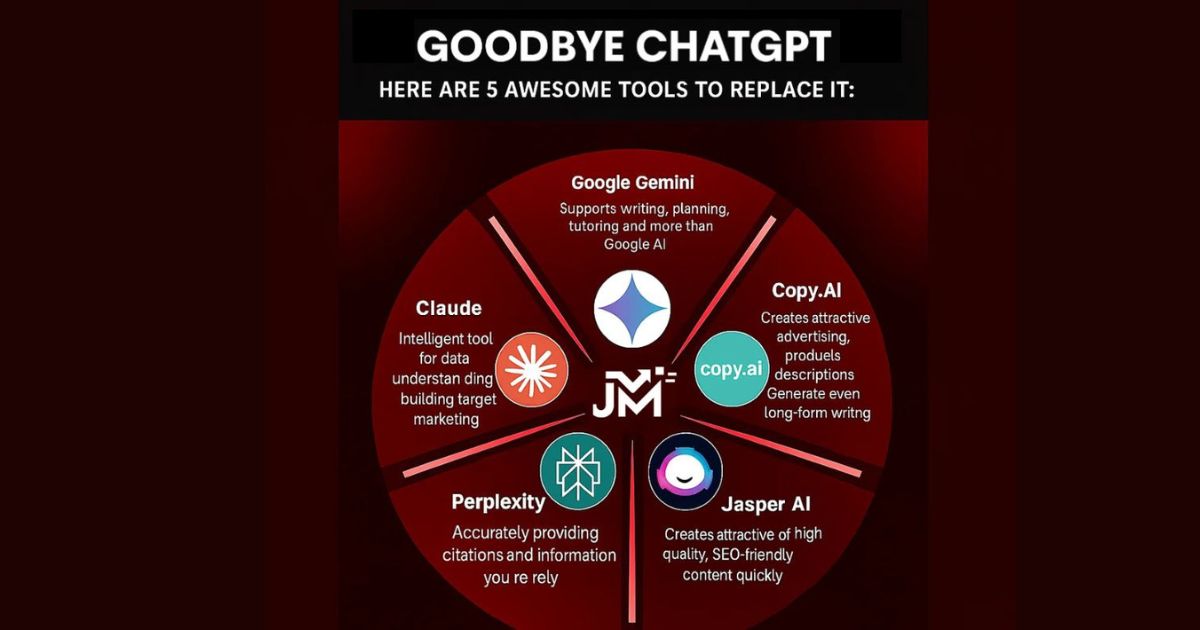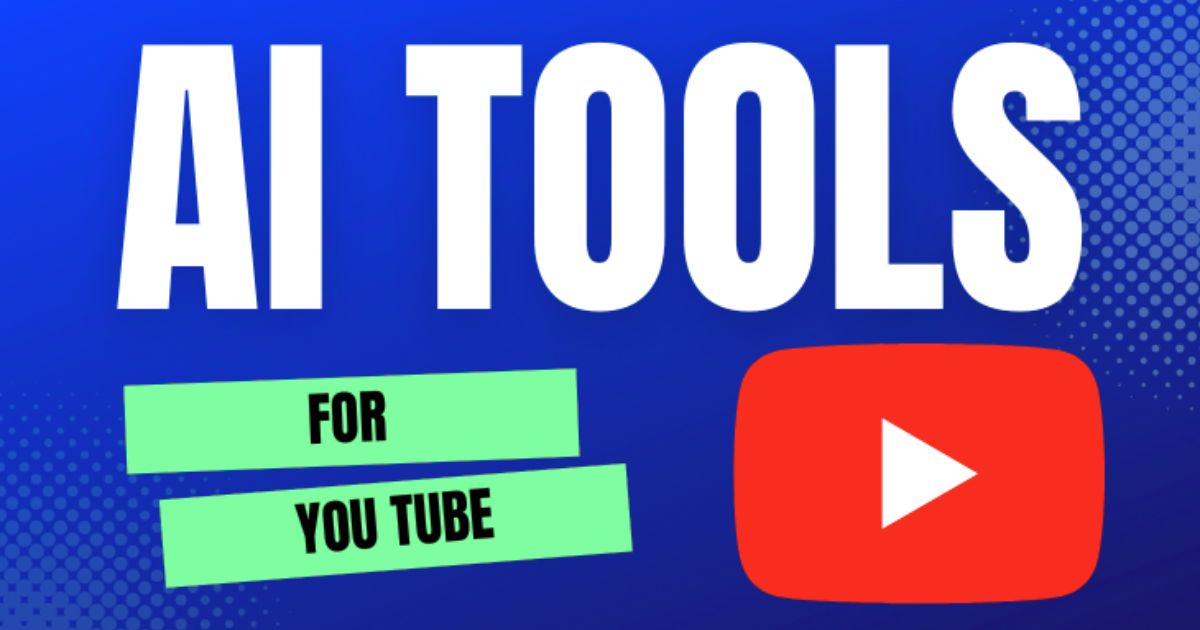OpenAI and Google are two of the most prominent players in the AI landscape, each offering powerful tools designed to enhance various applications. Here, we compare OpenAI's Sora and Google's Gemini, examining their features, strengths, and ideal use cases.
Overview
Sora (OpenAI)
-
Focus: Natural language understanding and generation.
-
Key Features: Advanced language models, API integration, customization options.
Gemini (Google)
-
Focus: General AI capabilities, including natural language processing, computer vision, and machine learning.
-
Key Features: Multi-modal AI, integration with Google Cloud services, extensive research and development resources.
Key Features
Sora (OpenAI)
-
Advanced Language Models:
-
Utilizes state-of-the-art models like GPT-4.
-
Capable of understanding and generating human-like text.
-
-
API Integration:
-
Easy-to-use API for integrating with various applications.
-
Supports multiple programming languages.
-
-
Customization Options:
-
Allows fine-tuning for specific applications and industries.
-
Adaptable to various use cases, from chatbots to content creation.
-
-
Ethical AI:
-
Emphasizes AI safety and ethical considerations in deployment.
-
Provides tools for monitoring and managing AI behavior.
-
Gemini (Google)
-
Multi-Modal AI:
-
Combines natural language processing, computer vision, and machine learning.
-
Supports a wide range of applications beyond text, such as image and video analysis.
-
-
Integration with Google Cloud:
-
Seamless integration with Google Cloud services for data storage, processing, and analytics.
-
Leverages Google’s extensive infrastructure for scalability and reliability.
-
-
Research and Development:
-
Backed by Google’s vast research resources and expertise.
-
Continuous improvements and updates based on cutting-edge research.
-
-
User-Friendly Tools:
-
Offers tools like AutoML for users with varying levels of expertise.
-
Facilitates the creation, deployment, and management of AI models.
-
Strengths
Sora (OpenAI)
- Language Proficiency: Excels in natural language understanding and generation, making it ideal for applications like chatbots, virtual assistants, and content creation.
- Customization: Highly customizable for specific industry needs, allowing businesses to tailor the AI to their unique requirements.
- Ethical Considerations: Strong focus on ethical AI, providing tools to ensure safe and responsible use.
Gemini (Google)
- Versatility: Supports a wide range of AI applications, including NLP, computer vision, and more, making it a versatile tool for diverse needs.
- Scalability: Leveraging Google Cloud infrastructure ensures scalability and reliability for large-scale applications.
- Research Backing: Continuous advancements driven by Google's extensive research capabilities ensure state-of-the-art performance.
Ideal Use Cases
Sora (OpenAI)
- Customer Support: Developing advanced chatbots and virtual assistants for enhanced customer interaction.
- Content Creation: Generating high-quality content for marketing, blogging, and other purposes.
- Education: Creating educational tools that can provide personalized learning experiences.
Gemini (Google)
- Enterprise Solutions: Implementing AI across various departments like HR, finance, and operations for process automation and insights.
- Media and Entertainment: Enhancing content analysis, recommendation systems, and media processing.
- Healthcare: Analyzing medical images, automating administrative tasks, and supporting diagnostic processes.
Comparison Table
|
Aspect |
Sora (OpenAI) |
Gemini (Google) |
|
Focus |
Natural language understanding and generation |
General AI capabilities (NLP, computer vision, ML) |
|
Key Features |
Advanced language models, API integration, customization |
Multi-modal AI, Google Cloud integration, R&D backing |
|
Strengths |
Language proficiency, customization, ethical AI |
Versatility, scalability, research-driven |
|
Ideal Use Cases |
Customer support, content creation, education |
Enterprise solutions, media, healthcare |
|
Integration |
API-based, supports multiple programming languages |
Seamless integration with Google Cloud services |
|
Ethical AI |
Strong focus on AI safety and ethics |
Extensive tools for responsible AI deployment |
Conclusion
Both Sora (OpenAI) and Gemini (Google) offer powerful AI tools with distinct strengths. Sora excels in natural language tasks and customization, making it ideal for specific applications like chatbots and content creation. Gemini's versatility and integration with Google Cloud make it a robust choice for a wide range of AI applications, from enterprise solutions to healthcare.
Choosing the right tool depends on your specific needs, whether it's the advanced language capabilities of Sora or the comprehensive, multi-modal AI of Gemini.

